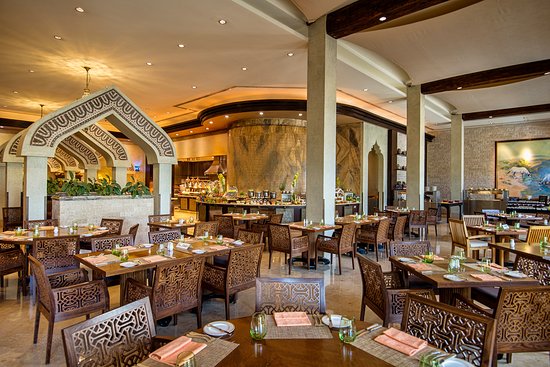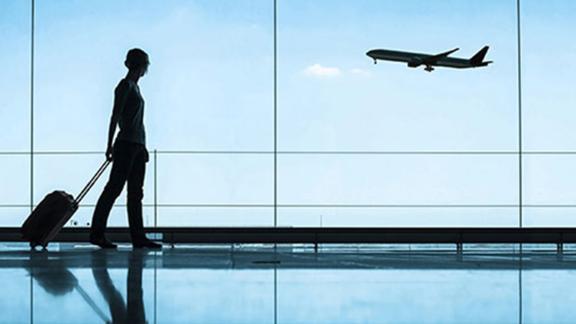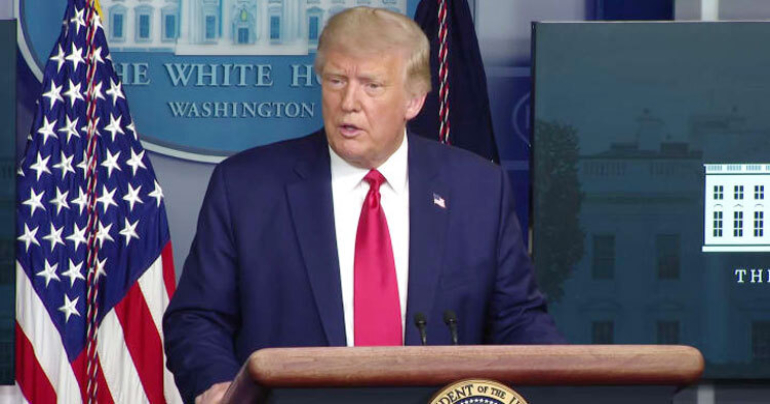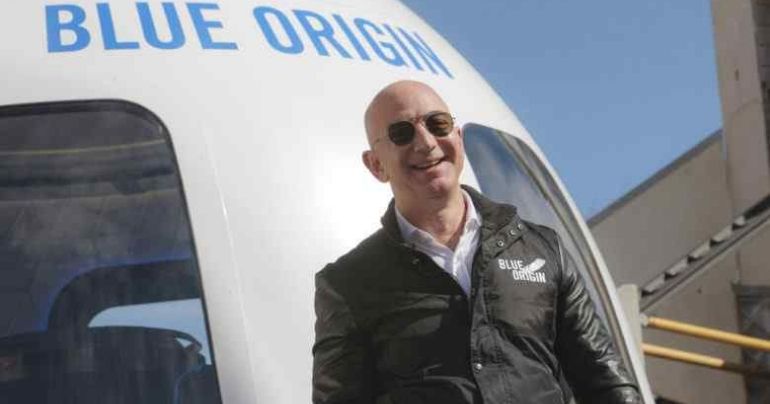SOURCE: Social Tables
The world is undergoing a major shift in decision-making and buying power, and it’s changing the hospitality industry. The only way to see continued success is to prepare for these inevitable changes.
- Millennials have spoken: sustainability is the future for hotels
As of 2019, Millennials have officially overtaken Baby Boomers in the U.S. workforce. Their reign will last well into 2034, at which point Gen Z will be fully employable (peaking at around 78 million). So, as an industry, we can’t ignore them. And now they’re demanding that hotels go green. Millennials are twice as likely to support brands with strong management of environmental and social issues, and expect brands to not only manage their impact but communicate it.
- Hospitality professionals need to think globally
Global hotel studies say the industry is expected to see a significant increase in the market need for up-and-coming tourism destinations that previous generations of travelers hadn’t even considered (like Central & South America and Canada). Demand for international travel is flourishing thanks to low unemployment rates and post-recession spending, causing top airlines like American Airlines to add more direct flights routes to foreign countries. The airline added a direct flight from Newark to Cape Town this year, with plans to expand even further in the future.
- Old threats will become new inspiration
Airbnb now offers more than 4 million places for guests to stay, and recently announced an upcoming partnership with Century 21 that will officially place the travel giant into the real estate industry as a builder and seller of houses. In the past, hoteliers viewed companies like Airbnb as a threat. But things are changing, to their benefit. The next 5 years will result in a more balanced distribution of business between a more leisure-focused Airbnb, and hoteliers looking toward home-sharing as an overflow strategy to satisfy group demand. And as they continue to move into this new marketplace, hoteliers will soon find the advantages of being able to do what Airbnb does — only better.
- Demand is still growing, and the peak is yet to come
CBRE forecasts consecutive growth for the U.S. hotel industry through 2022. The hotel forecast analysts at the Americas Lodging Investment Summit said we should expect to see decent growth in the hotel market in the coming years. Although economists predict the next significant economic slowdown (which will obviously have an effect on all industries) to take place in late 2020, the period will be relatively mild and brief, ending around 2022. Occupancy sits at a very healthy 74%, with average daily room rates at $130. Hotels have already started reaping the benefits by reinvesting in construction and renovations as they continue to make themselves competitive for years to come.







Leave a Comment